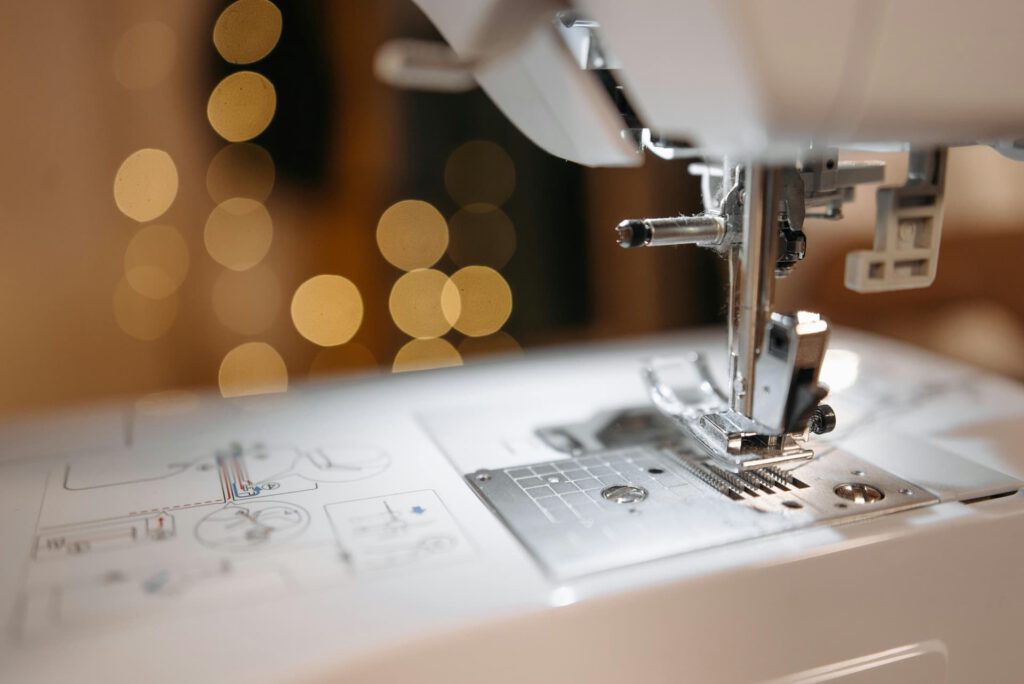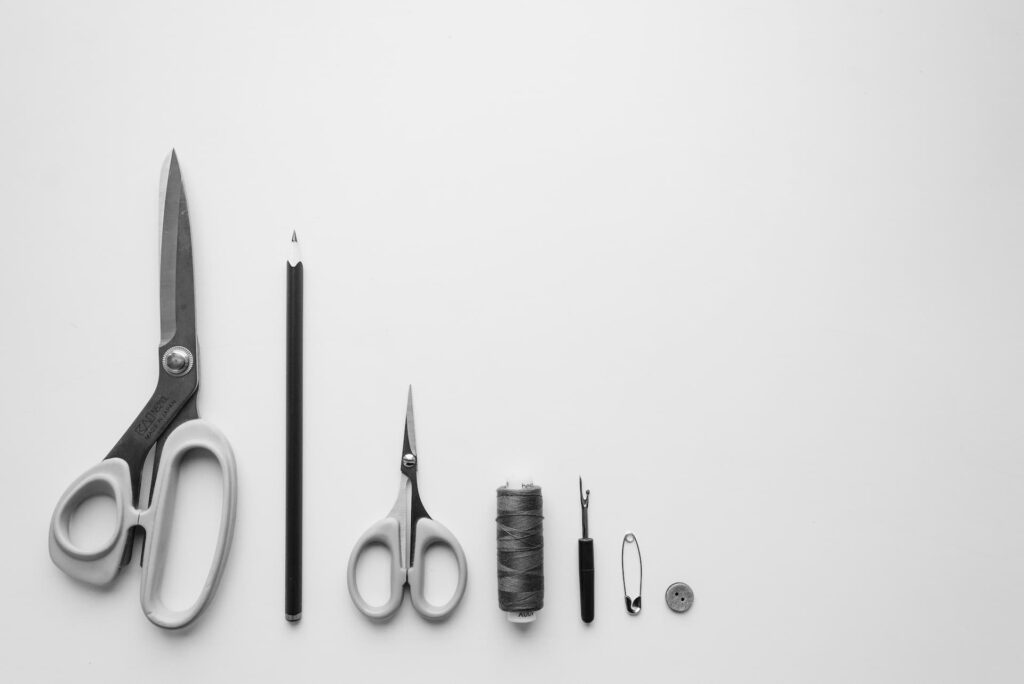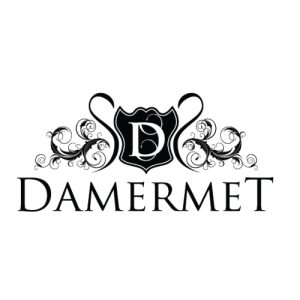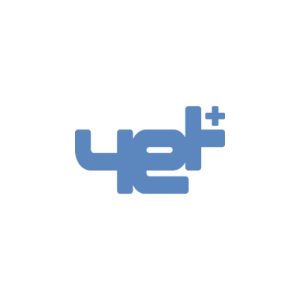texstyle
Supporting small clothing producers to embed circular & sustainable textile processing & use
About
The textile industry has a significant environmental footprint. In 2020, it was responsible for approximately 270kg of carbon emissions, according to the European Environment Agency (2023), and ranked as the third-largest source of water pollution, with an average water usage of 9 cubic meters.
Adding to this burden, a 2021 study indicates that textiles (clothing) are being discarded into landfills at an alarming rate of about one garbage truck per second. This issue is further compounded by factors such as low recycling rates. For example, a survey in Romania revealed that despite awareness of textile recycling methods, their utilization remains low. Moreover, Greece faces challenges in textile waste management, with collection and sorting primarily limited to urban areas. In Serbia, a significant portion (90%) of raw organic materials used in textile manufacturing ends up as water or air pollution. Transitioning to a circular economy model within the textile industry presents a crucial opportunity to substantially decrease these detrimental environmental impacts.
The European Commission’s new strategy, part of the circular economy action plan, aims to enhance the longevity, repairability, reusability, and recyclability of textiles. Addressing fast fashion and fostering innovation, this strategy contributes to the 2050 goal of a circular economy and aligns with stricter EU measures to curb excessive textile consumption and production since June 2023.
TEXSTYLE contributes to shifting the textile industry towards a more environmentally friendly and socially responsible model by piloting green, sustainable manufacturing solutions in Romania, Serbia, and Greece. This initiative tackles the challenges of fast fashion and aims to reduce the sector’s excessive global carbon emissions, aligning with current EU action plans and values.

Objectives
With the aim of supporting small clothing producers to embed circular and sustainable textile processing and improve water usage, training will be provided to textile company employees. The training will cover topics such as use/reuse methods, recycling, and the green circular economy. Delivered in a work-based environment, the training will address:
- Code-free deep tech solutions for circular economy in textile manufacturing;
- Water and chemical reduction;
- Fair/ethical sourcing of clothing material; and
- Customer education to choose slow fashion rather than fast fashion.

Employees in the textile industry in Romania, Serbia, and Greece will receive online lectures, followed by practical application of this knowledge in a 7-day work-based workshop called ‘Weaving Sustainability – Workshop on Textile Sustainability,’ held over a two-month period.
The project will upskill SME employees and managers and improve SME sustainability output by issuing micro-credential certifications on sustainable textile production. This includes producing training materials on embedding circular and sustainable textile processing and use, with a goal of issuing at least 100 micro-certifications.
To promote better implementation of recycling methods for consumers of ‘fast fashion’ and greater use of recycled materials in textile manufacturing, the project will create policy recommendations. These recommendations will be developed through three policymaking workshops (in Romania, Serbia, and Greece) and subsequently issued to the appropriate public sector institutions.

Contact

Co-funded by the European Union. Views and opinions expressed are however those of the author(s) only and do not necessarily reflect those of the European Union or the European Education and Culture Executive Agency (EACEA). Neither the European Union nor EACEA can be held responsible for them.
[Project Code: 2024-1-RO01-KA210-VET-000243913]
© All Rights Reserved.



